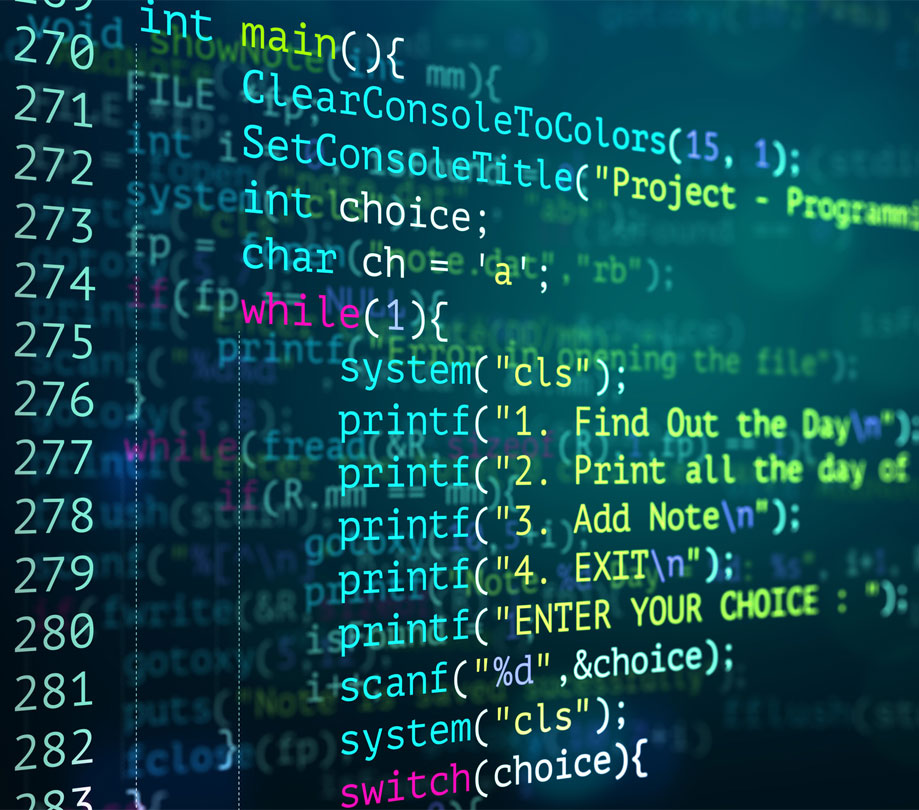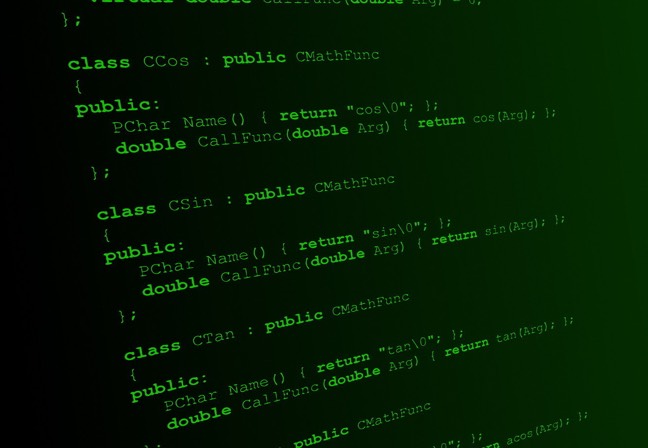fromInfoQ
3 weeks agoExpanding Swift from Apps to Services
As a high-level description, Swift is an ahead-of-time compiled, memory-safe, multi-paradigm programming language. Swift uses reference counting for memory management instead of garbage collection, and has recently added support for limited lifetime analysis. Finally, Swift leans heavily on types with value semantics by leveraging copy-on-write. This enables powerful local reasoning, as value types are either mutable or shared, but not both.
Apple












